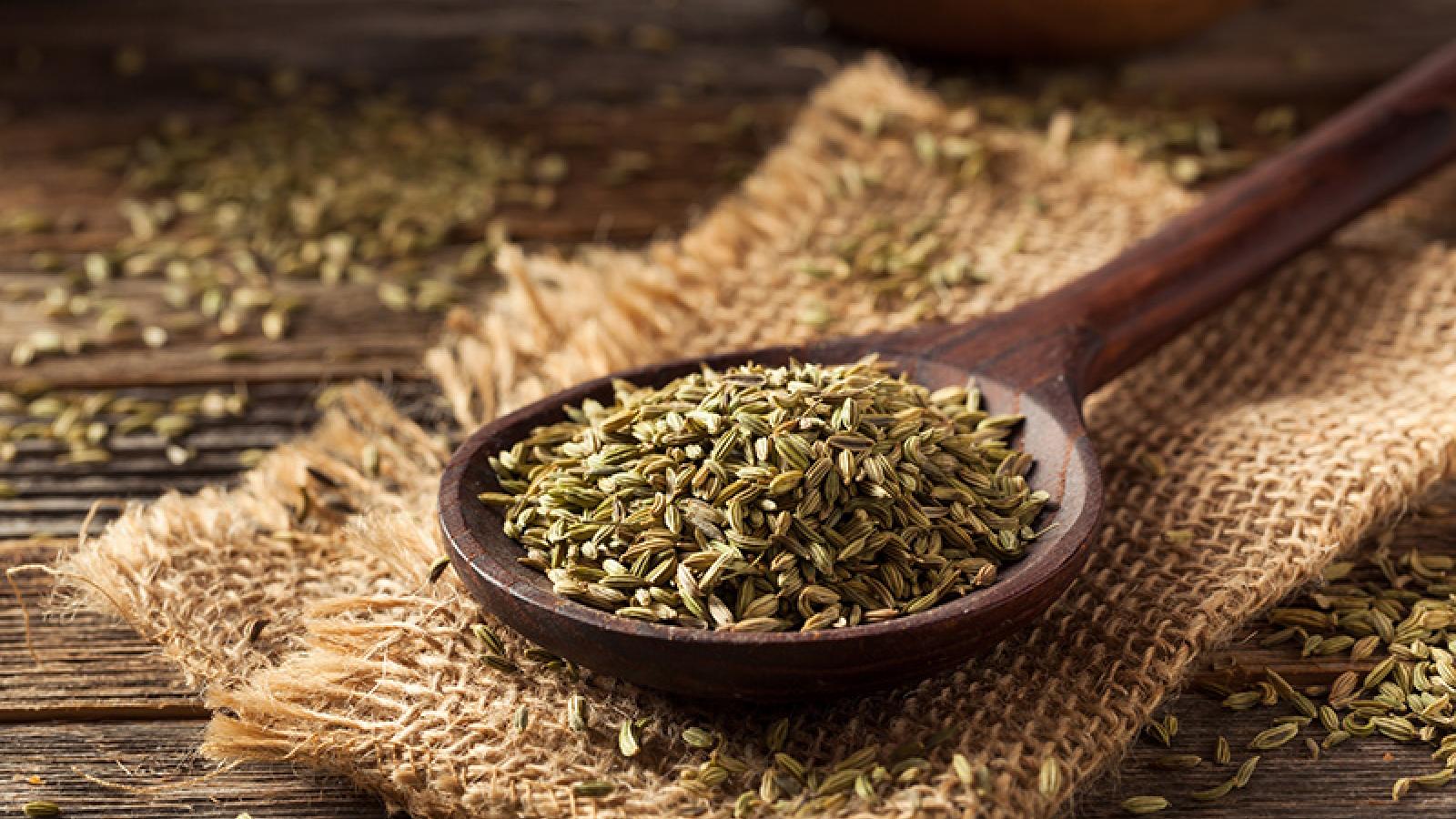Herbs for Heart Health

The heart is a vital organ, and it is important to take care of it to maintain good health.
Eating a balanced diet and exercising are two steps you can take to keep your heart healthy. Another is by incorporating herbs into your diet.
Many herbs have been known to benefit the heart, so let's explore some of them.
- Garlic - Garlic is one of the most popular medicinal herbs in the world, and its benefits for the heart are well-documented. Garlic helps reduce levels of cholesterol and triglycerides, decreases blood pressure, prevents blood clots, and increases circulation. Additionally, garlic has antibacterial properties which help protect against infection. You can add garlic to almost any dish or even consume it raw if you prefer a more potent effect.
- Fennel - Fennel is an herb that has long been used as a natural remedy for digestive issues. It also has some cardiovascular benefits, such as lowering blood pressure and reducing cholesterol levels. Fennel can be consumed in tea or eaten raw in salads or other dishes for a subtle licorice flavor.
- Hawthorn - Hawthorn is an herb that grows on small shrubs or trees found throughout North America and Europe. It has been used to treat cardiovascular conditions such as high blood pressure, irregular heartbeat, chest pain, and hardening of the arteries. Hawthorn contains compounds that dilate the coronary arteries, thus improving blood flow to the heart muscle. The berries of this plant can be consumed as tea or capsules for maximum effect on cardiovascular health.
Taking care of your heart should always be a priority when it comes to your health. Incorporating herbs like garlic, fennel, and hawthorn into your diet can have multiple benefits for the heart including lowering cholesterol levels, reducing blood pressure, preventing clot formation and improving circulation. Always make sure to speak with your doctor before making any major changes to your diet or lifestyle.
Know Your Heart Age |
|---|
Is Your Heart 10 Years Older Than You?Find out in only 5 minutes
When finished, print & share your Result Report with your doctor, this report is not stored in eGuthrie. |

